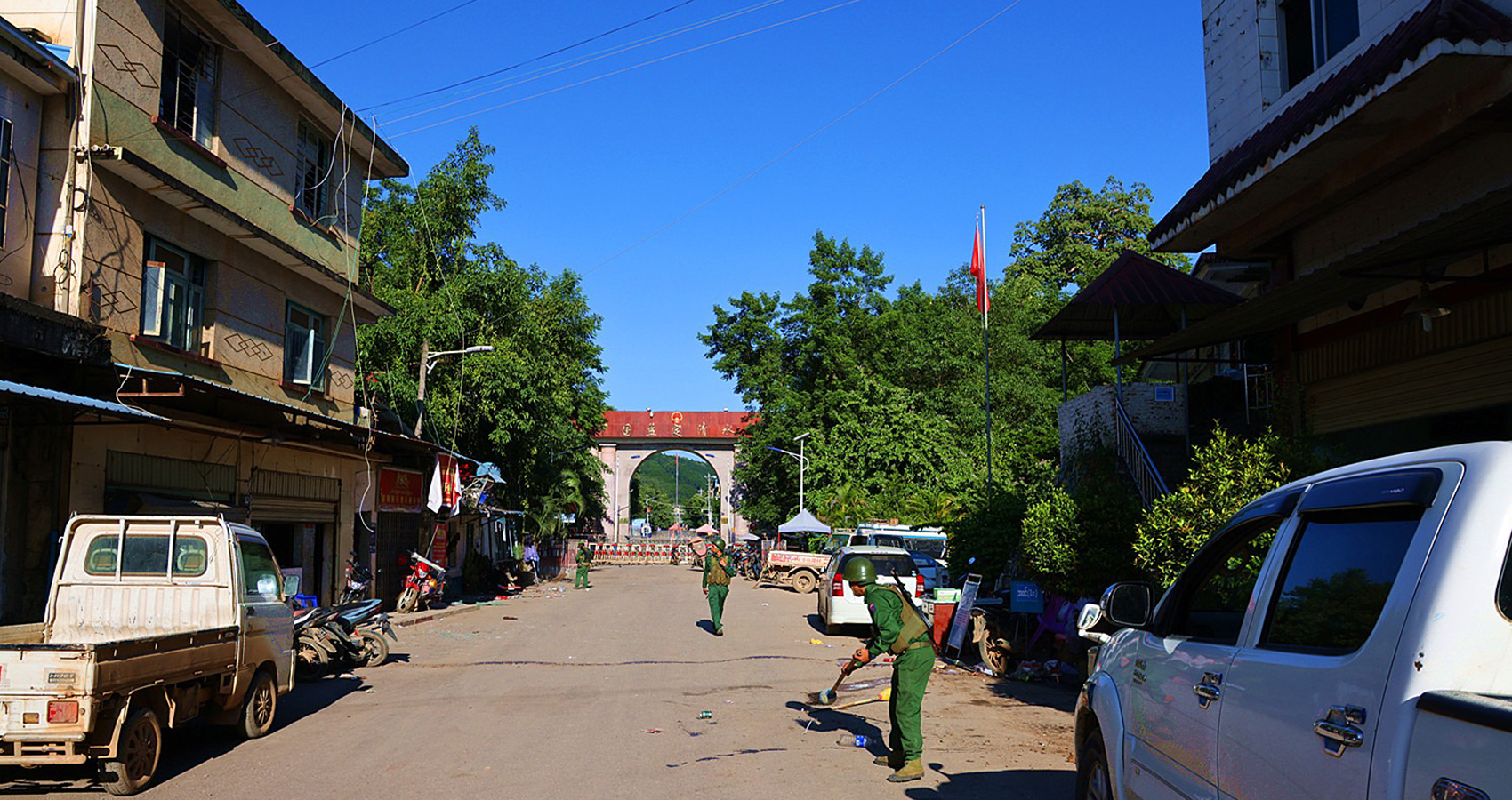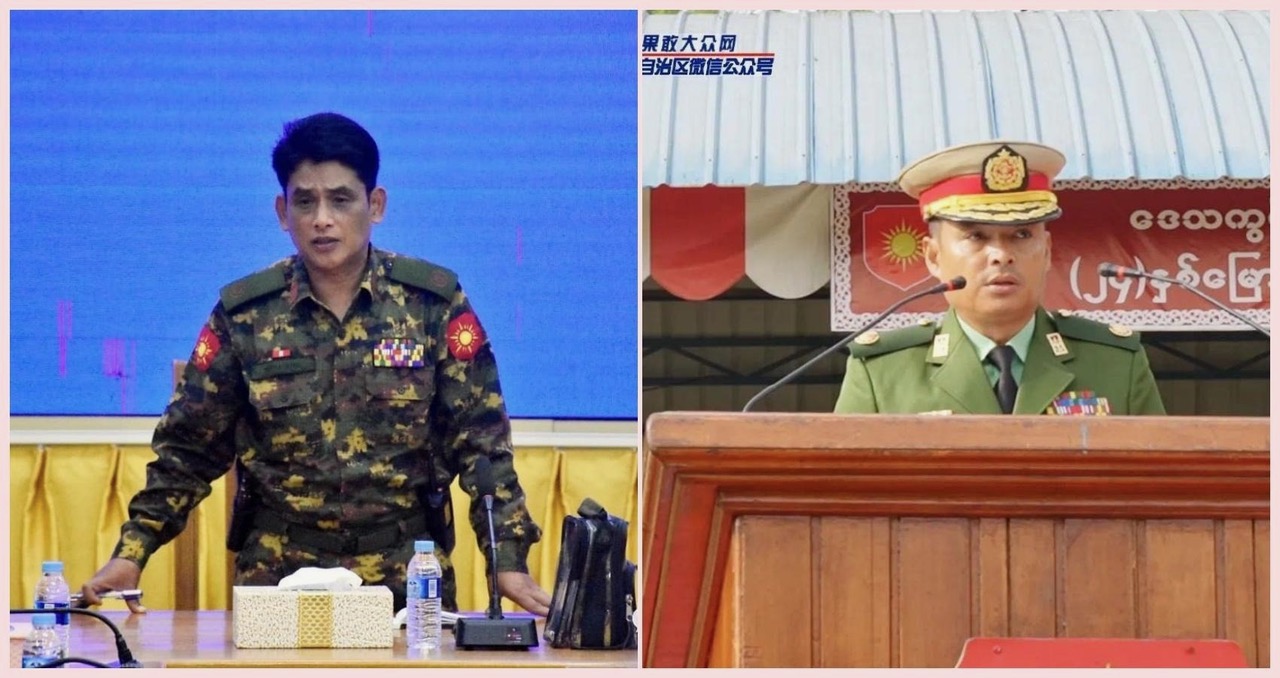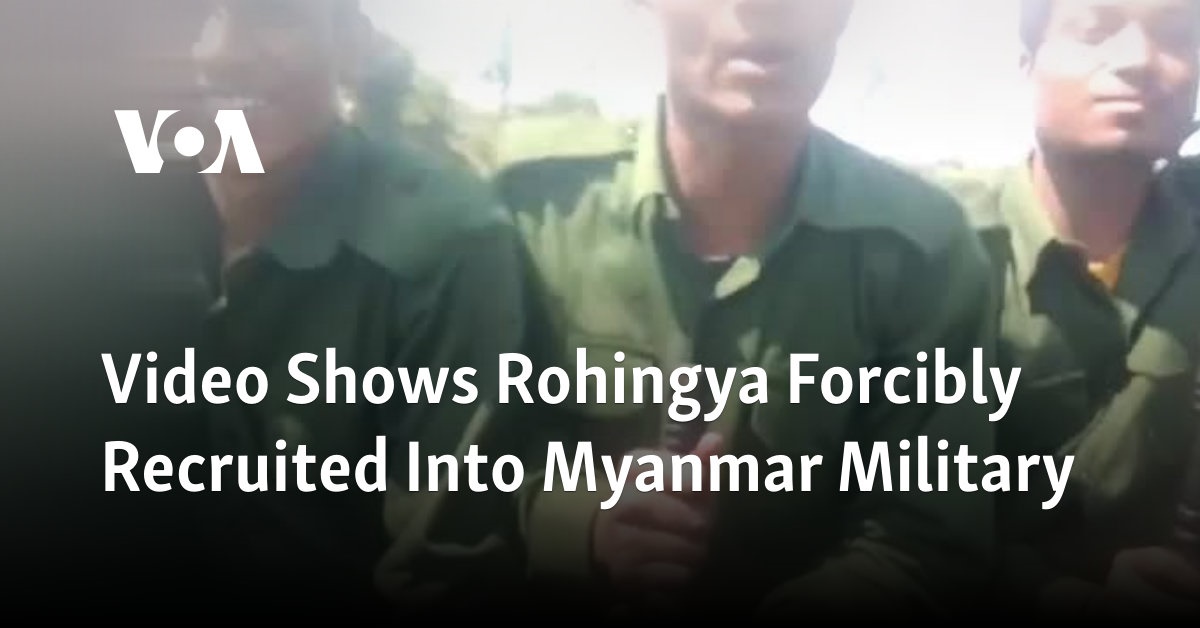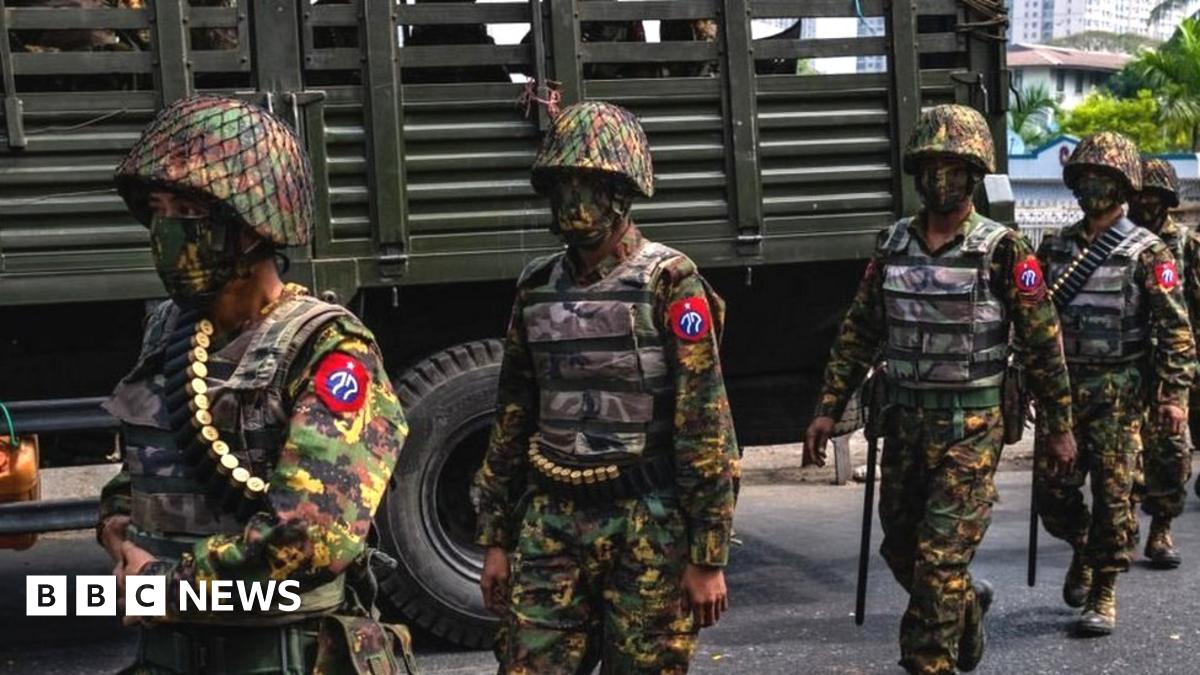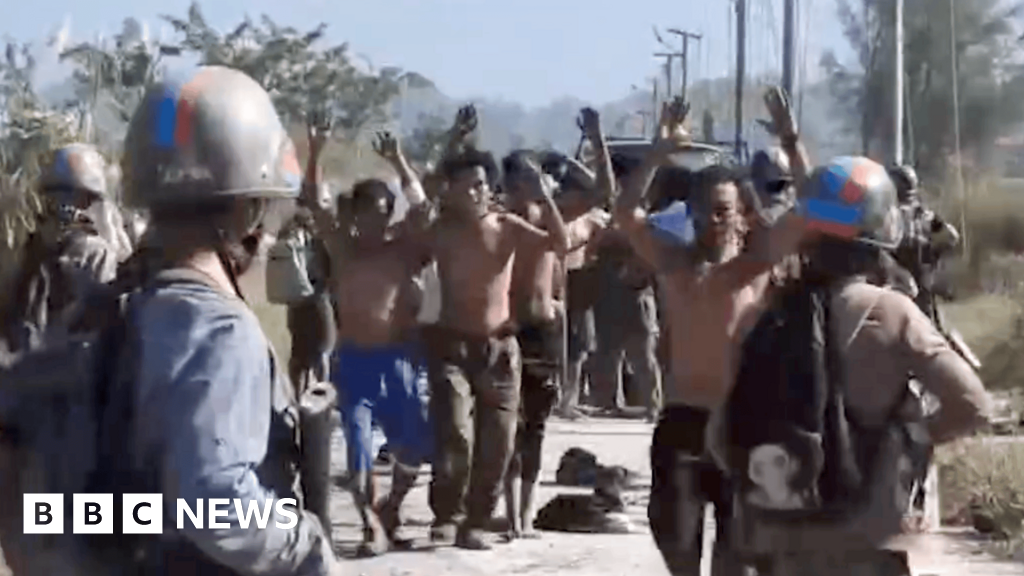The Myanmar Junta: Live by the Gun, Die by the Gun?
A major update; it seems that 'Operation 1027', a coordinated offensive between several rebel groups in the Shan and Chin States as well as against remaining pro-Junta footholds in Kachin State was a success. According to the report linked, among others, rebel groups have managed to capture not only key border crossings to China, but also smaller cities and Tatmadaw Bases.
It's interesting because this is a far cry from the prediction that most had at the start of the conflict (including myself) when urban-based pro-democracy movements began to coalesce into rural armed groups fighting alongside some ethnic militias. Namely, that they'd be able to control the countryside, but not urban areas.
Traders report huge losses while the regime is being deprived of up to half a million dollars in tax revenue per day.

www.irrawaddy.com
Most interestingly IMO, is the above link (might need wayback machine to access, site seems to be down intermittently) which claims that the rebels have seized
all land border crossing points from Myanmar to China and have halted all trade. Rebel-aligned Private FB and WA groups also claim the same thing. These crossing points account for ~70% of the country's trade with China. It will be interesting to see the PRC's response, IIRC though they supplied weapons at the beginning, this largesse seems to have dried up, and since December last year, they have actively pushed the Junta to peace talks with the rebels.
Apologies for not linking any sources for this last tidbit, but there are also conflicting reports that the Junta has sentenced some its of its regional commanders, including senior generals, to death or lengthy prison sentences à la Stalin given their apparent failures. I just didn't want to link these sources because some come from highly closed off groups, and where the others are in public domain, they are highly conflicting and disagree on which commanders were sentenced and their sentences.


